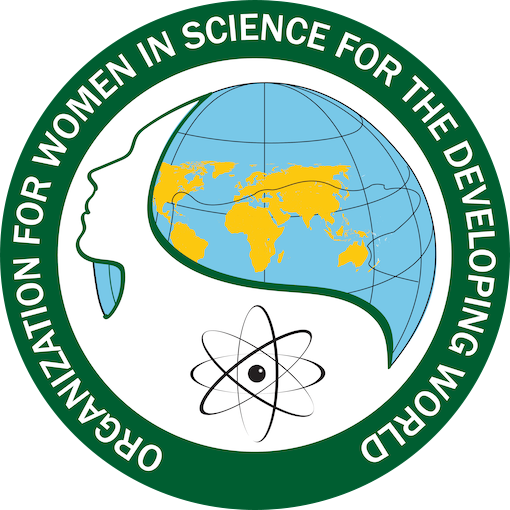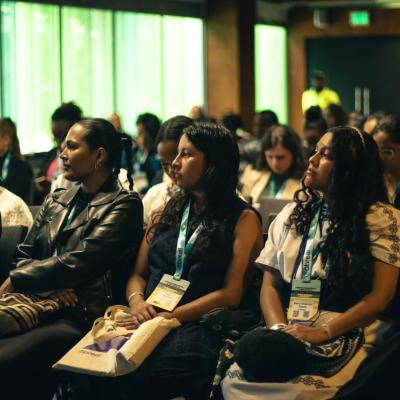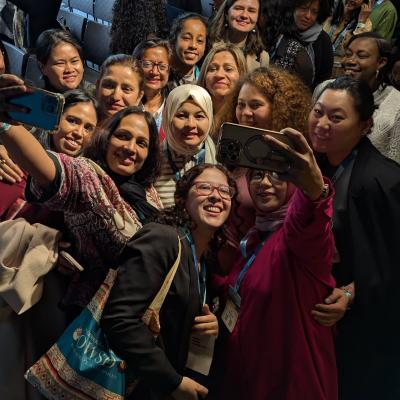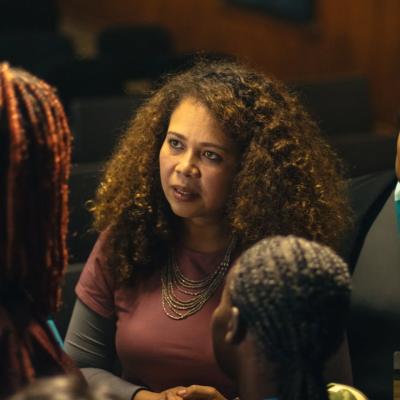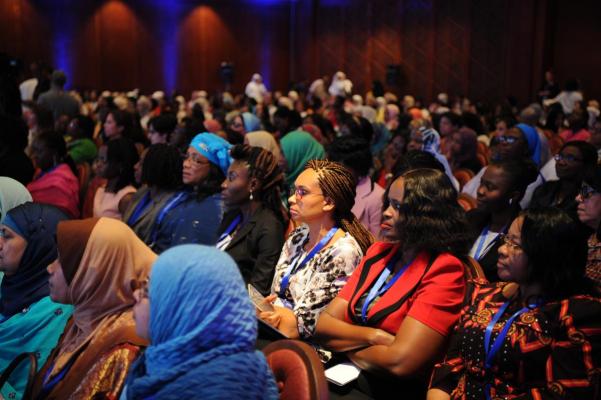The Road to Bogotá
Tonya Blowers, OWSD Coordinator, reflects on the decisions that brought 180+ women scientists to the 7th OWSD General Assembly in Bogotá
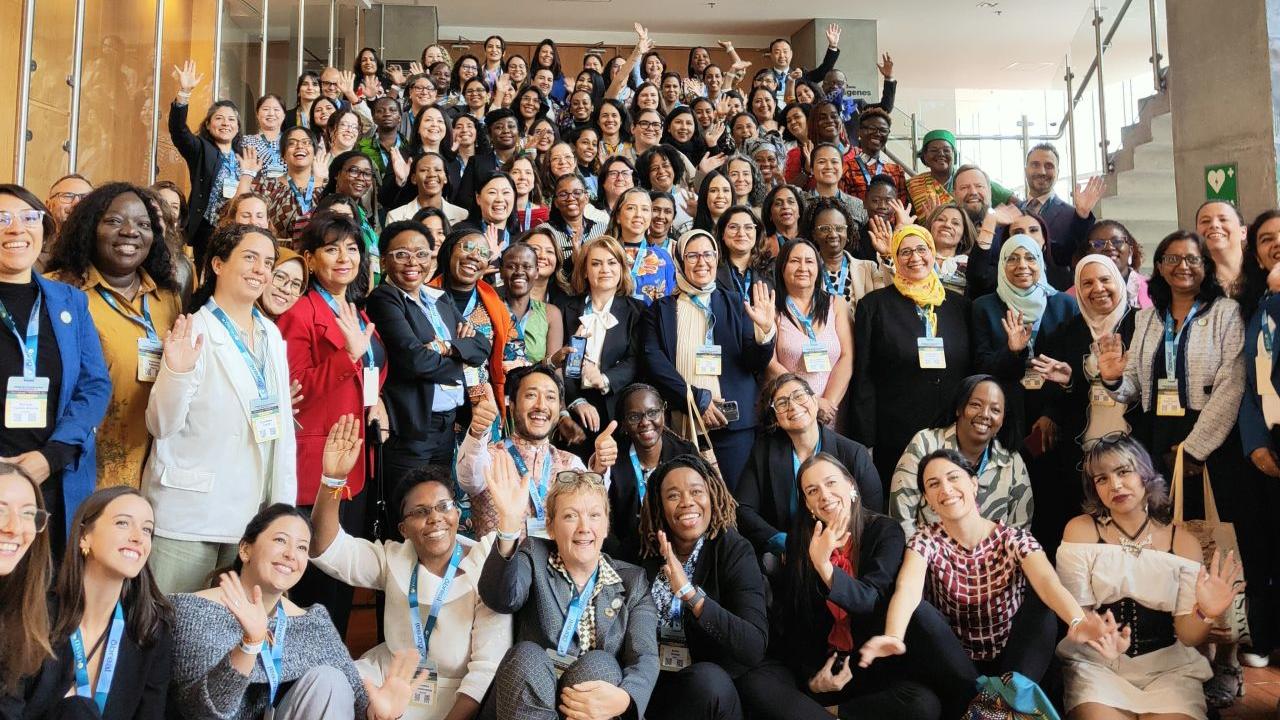
Planning our 2025 General Assembly meant one thing from the start: it had to be held in Latin America, since this was the only OWSD region that had never hosted our Organisation's four-yearly gathering. We reached out to our national chapter representatives across the region, especially our Vice President for Latin America and the Caribbean, Guatemala’s Kleinsy Bonilla, and invited proposals from chapters willing to host.
The Colombian National Chapter submitted an excellent, detailed proposal and identified their host institute, EAN University in Bogotá as a suitable venue.
The Colombia national chapter put together an excellent proposal and identified an institute, EAN in Bogotá, perfectly suited to our purposes.
Another piece fell into place when Obreal, the international association fostering interregional dialogue, confirmed it would host its Third Inter-regional Dialogue On
Education and Development in Latin America, the Caribbean, Africa and Europe
in Bogotá in November 2025. I had attended Obreal's previous Interregional Dialogue, hosted by the African Union in Addis Ababa in 2023, and had noted then the potential for cross-regional exchange and how important it would be to have OWSD women's voices included directly in the Dialogue. Obreal had the means to convene Ministers, university leaders, and high-level stakeholders from both regions and our vision was that this time, we could all be together in the same room, in conversation.
Indeed, at the end of the Addis event, Colombia’s Minister of Science and Technology, Yesenia Olaya, expressed her government’s commitment to women in science and confirmed Colombia’s role as host for the 2025 Interregional Dialogue. Bogotá wasn’t just a viable site, it was the right site.
Bringing our members to Bogotá, however, was no small undertaking. OWSD’s community is global: more than half of our members are based in Africa, a quarter in Asia, and significant numbers in the Arab region and Latin America. We knew the trip would be costly in time and resources, so the Assembly needed to offer real value for participants and for our funders, including the International Development Research Centre (IDRC), which has supported the OWSD Early Career Programme since 2017.
Working closely with Obreal’s strategy and development director, Nicolás Patrici, we built a shared vision for a joint gathering that would place women scientists from developing countries in the same room as policymakers and institutional leaders shaping higher-education strategies.
The possibility of networking and the conversations between these two cohorts… who don’t very often get a chance to talk to each other as equal partners… was invaluable.
In the end, it paid off. We brought 180 women scientists from more than 60 countries to Bogotá. The plenary hall held 400 people, and half of them were OWSD members. For three days, researchers, ministers, and university leaders exchanged experiences, discussed the realities of higher education across regions, and compared both challenges and best practices that rarely get examined side by side.
The result? A General Assembly that delivered far more than we initially imagined. It strengthened networks, deepened regional connections, and cemented a meaningful partnership with Obreal that promises to amplify everyone’s impact.
For all these reasons, the 2025 General Assembly, and the wider Obreal conference, was a huge success, and I for one, feel deeply privileged to have been there.
---
Video below, shows OWSD members present at the 7th General Assembly collecting OWSD pins, and stating their names, and countries.

